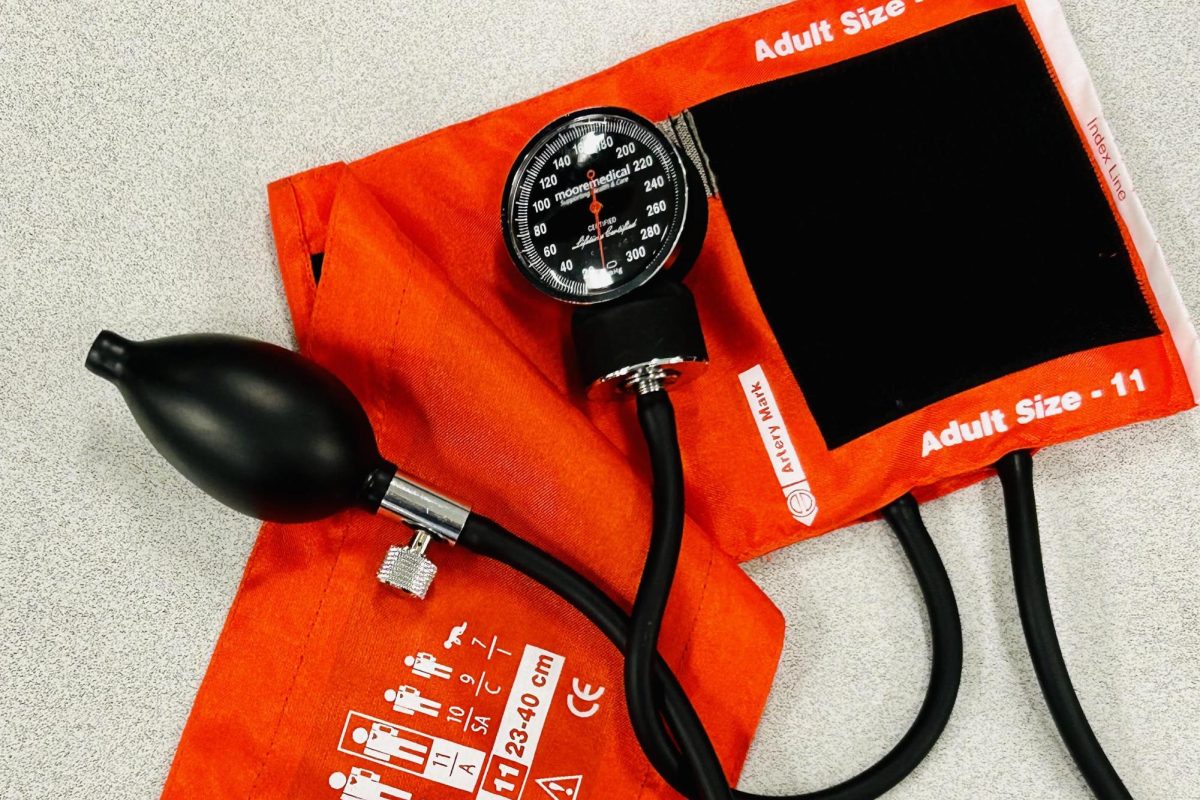As the nurse observes the artery mark on the blood pressure cuff, expecting to see the arrow land on the usual spot, the numbers climb steadily higher, indicating high blood pressure and signaling concerns about potential cardiovascular disease.
February is American Heart Month, and people all over the country are encouraged to prioritize heart health. Heart disease takes the lives of nearly 700,000 Americans every year, according to the Centers for Disease Control and Prevention. The World Health Organization (WHO) has claimed that cardiovascular diseases are also the leading cause of death globally.
In fact, heart disease is the leading cause of death for men, women, and people of most racial and ethnic groups in the United States. Statistical data from the CDC prove that one person dies every 33 seconds in the United States from cardiovascular disease. The prevalence of this disease raises questions about management strategies.
Cardiovascular diseases (CVDs) are a group of disorders concerning the heart and blood vessels.
The most important behavioral risk factors of heart disease and stroke are unhealthy diet, physical inactivity, tobacco use, and harmful use of alcohol, WHO stated in an article about CVDs.
The effects of behavioral risk factors, according to WHO, may show up in individuals as raised blood pressure, raised blood glucose, raised blood lipids, and overweight and obesity. It is important to detect cardiovascular disease as early as possible so that management with counseling and medicines can begin. Most cardiovascular diseases can be prevented by addressing the behavioral risk factors, according to WHO.
There are numerous resources available that can help raise awareness about methods of prevention. “Physical Exercise (PE) teachers talk about the healthy benefits of exercise and diet to their students,” Mr. Matt Garner, physical exercise teacher and boys soccer coach at Rancho Cucamonga High School, said.
Ms. Yolanda Warren, health office nurse at Rancho Cucamonga High School, mentioned ways to prevent getting affected by CVDs. “Don’t smoke or vape, exercise, eat a healthy diet [that is] plant-based on most days, and manage stress,” Warren said.
While there has been more awareness about these prevention methods, not everyone is equally affected by the risk of developing CVD. It is important to learn how women are especially encouraged to focus on their cardiovascular health.
According to the CDC, women in the United States are experiencing unacceptable and avoidable heart-related illness and death, and nearly half of U.S. women do not recognize that heart disease is the leading cause of death for women.
Similarly, although “non-Hispanic white adults have the highest prevalence of heart disease [of about] 11.5% as of 2017,” Black people are more likely to die from this disease, Warren added.
The emphasis on women and minorities is paramount since there is not enough recognition and understanding of the risk factors, symptoms, and treatment outcomes, according to the National Institutes of Health (NIH). The risk of heart disease in women is often underestimated due to the misconception that females are ‘protected’ against cardiovascular disease which has led to less aggressive treatment strategies, the NIH said in the article “Gender differences in coronary heart disease.” The lower representation of women in clinical trials tempts the future of research to focus more on this group to prevent cardiovascular events.
The disparities and commonness of cardiovascular disease pose a challenge and invitation for young teens and students to spread awareness about it. Encouraging others to engage in a healthy lifestyle, and ensuring the testing of blood pressure and diabetes screening, in addition to seeking medical attention, are ways Warren believes each person can help spread awareness about CVDs.
Creating new habits that promote cardiovascular health can be challenging but taking one step at a time will lead to great benefits that will positively impact the quality of life.
“Start by making small changes. Taking fifteen-minute walks, replacing one beverage with water, eating meatless on Mondays,” Warren said.








